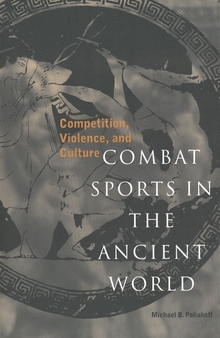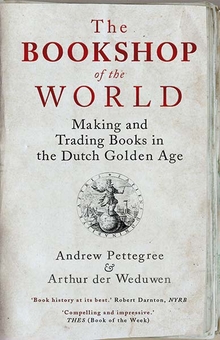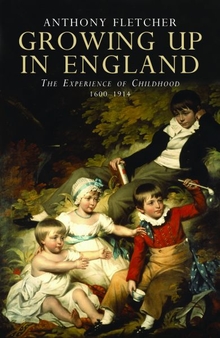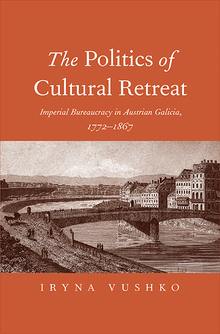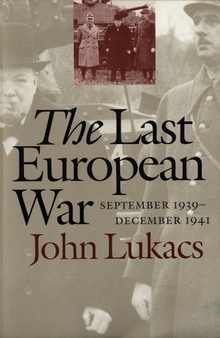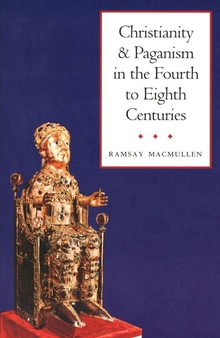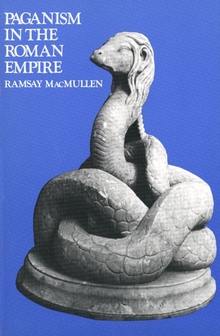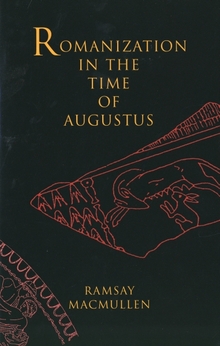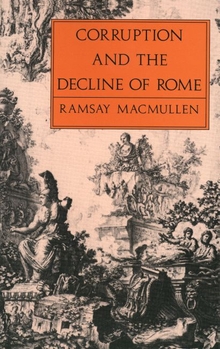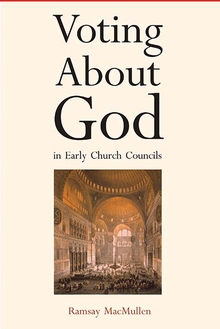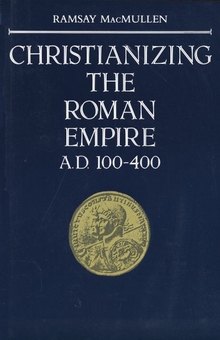Roman Social Relations, 50 B.C. to A.D. 284
WARNING
You are viewing an older version of the Yalebooks website. Please visit out new website with more updated information and a better user experience: https://www.yalebooks.com
Ramsay MacMullen
“In this interesting and suggestive book, Professor MacMullen views anew an important and rather neglected aspect of Roman social relations. A perceptive and sensitive interpreter, he has drawn widely upon the scattered and unorganized evidence about the poorer classes, rural and urban, in much of the Roman Empire, and presents a fresh picture of their conditions, attitudes and aims.”—T. Robert S. Broughton
“Ramsay MacMullen’s work is always provocative and illuminating. This book is no exception…Through good writing, clear presentation, and outstanding common-sense judgment the author has given us chapters to be read with pleasure by a large audience. Specialist or not…This fine book represents for us what we may legitimately know of ancient society.”—American Historical Review
“Much of the evidence which MacMullen uses in his narrative is illuminating, much of the analysis and argument lucid and compelling….Roman Social Relations is an interesting and lively book [that] should certainly be read by anyone interested in the social history of the ancient world.”—Journal of Social History
Ramsay MacMullen is the author of Paganism in the Roman Empire and Roman Government’s Response to Crisis, A.D. 235-337, among other works. He is Dunham Professor of History and Classics at Yale University and is currently president of the Association of Ancient Historians.
“Ramsay MacMullen’s work is always provocative and illuminating. This book is no exception…Through good writing, clear presentation, and outstanding common-sense judgment the author has given us chapters to be read with pleasure by a large audience. Specialist or not…This fine book represents for us what we may legitimately know of ancient society.”—American Historical Review
“Much of the evidence which MacMullen uses in his narrative is illuminating, much of the analysis and argument lucid and compelling….Roman Social Relations is an interesting and lively book [that] should certainly be read by anyone interested in the social history of the ancient world.”—Journal of Social History
Ramsay MacMullen is the author of Paganism in the Roman Empire and Roman Government’s Response to Crisis, A.D. 235-337, among other works. He is Dunham Professor of History and Classics at Yale University and is currently president of the Association of Ancient Historians.
ISBN: 9780300027020
Publication Date: September 10, 1981
Publication Date: September 10, 1981
212 pages, 5 1/2 x 8 1/2



